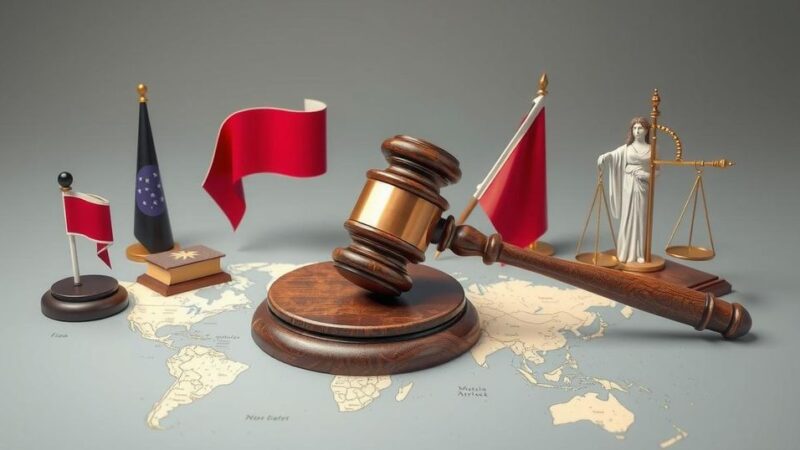An earthquake measuring 4.4 on the Richter scale struck Azrou in the Ifrane province of Morocco, causing no significant damage or injuries. The seismic event, occurring at a depth of 10 kilometers, serves as a reminder of the region’s seismic activity and the need for preparedness among residents and local authorities.
A recent seismic event measuring 4.4 on the Richter scale was recorded in Azrou, a town located in the Ifrane province of Morocco. This moderate earthquake occurred at a depth of approximately 10 kilometers, prompting reactions from local authorities and residents alike. The timely provision of information regarding tremors is critical for ensuring public safety and awareness in a region known for its occasional seismic activity. Fortunately, initial reports indicate no significant damage or injuries as a result of this quake, although aftershocks may still pose a risk in the following days. Local emergency services remain vigilant and are prepared to respond to any further developments should they arise.
Earthquakes are a natural phenomenon that can have significant impacts on communities, especially in regions prone to tectonic activity, such as Morocco. The Ifrane province is situated in a seismically active zone, making it imperative for residents and authorities to remain prepared and informed about potential seismic threats. Understanding the measurement of earthquakes, such as those gauged by the Richter scale, provides valuable context for assessing the intensity and potential risk associated with seismic events. Furthermore, the monitoring of aftershocks is essential for evaluating ongoing risks following a primary quake.
In summary, the recent earthquake in Azrou has underscored the importance of preparedness in seismically active regions. While the immediate impact appears minimal, continued vigilance from both authorities and residents is warranted. Awareness and readiness are essential components in effectively managing the risks associated with earthquakes, ensuring the safety and well-being of the community.
Original Source: www.msn.com







